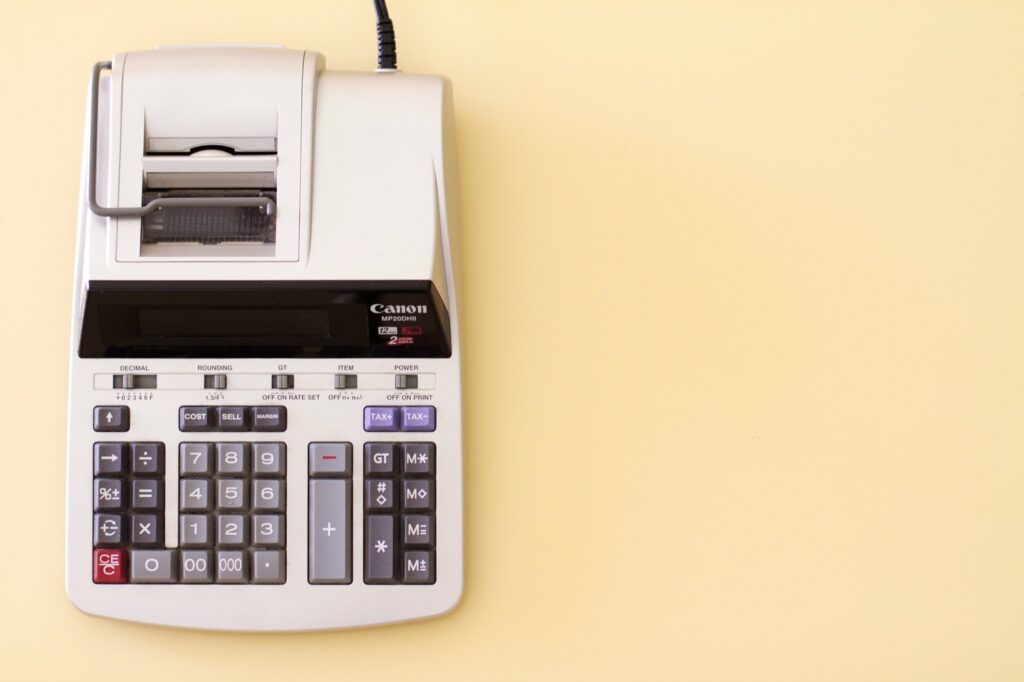What is a 1099 and Who Needs One?
Rebecca Casarez, CPA

The income you earn throughout the year must be reported to the IRS when you file your tax return. Income may come from different sources and various documents serve as objective evidence of those earnings.
If you are a direct employee, the company will provide you with an annual earnings report called a Form W-2. A Form 1099-NEC serves a similar purpose however, it is provided to an individual who is not a direct employee such as an independent contractor.
Who Needs a 1099-NEC?
First, let’s understand the difference between an employee who receives a W-2 and an independent contractor who receives a 1099. The IRS defines the difference as who controls how the work gets done.
Let’s consider an employee example:
A company hires you as a business consultant to help better organize its manufacturing facility with the goal of reducing lead times by 5%. The company provides you with a list of specific tasks to accomplish in order to meet that goal.
The company also communicates how it wants you to execute each task. The company is controlling and directing what you are doing and how you are doing it. Under this scenario, you are not an independent contractor; you are an employee and should receive a W-2.
An independent contractor example:
Now let’s assume the company hires you for the same reason, however, this time the company relies on your expertise to determine what needs to be done and how you will approach the project.
The company is giving you the freedom to determine what and how services will be performed. In this case, you are an independent contractor and should receive a 1099-NEC. First, you will have to provide the company with a W-9 form.
What is a W-9?
Although you are not a direct employee, as an independent contractor, you are still required to provide the company with some personal information. A W-9 form is filled out confirming your name, address, and taxpayer identification number (TIN). You can find the IRS’s W-9 form here.
The TIN is most commonly the same as your social security number. The company keeps this data on file and uses it to populate your 1099 at year-end.
What About The 1099-MISC?
Prior to 2021, contractors received a 1099-MISC. However, the IRS noticed there were some misunderstandings around the 1099-MISC and contractor income. So they reverted to using the 1099-NEC, which had been used up to 1982. Starting in 2021, contractors will receive a 1099-NEC for their income. Whereas, 1099-MISC will continue to be used for other income apart from W-2 or W-9 income.
Basics of the 1099 for an Independent Contractor
There are many types of 1099 forms, each one covering a different income stream. For your services as an independent contractor, you will receive a 1099–NEC reporting what the company paid you for your services over the calendar year.
Companies are only obligated to provide a 1099–NEC if the value of services exceeds the minimum threshold of $600. If your services to a client are less than $600, you will not receive a 1099-NEC form but you are still obligated to report the income to the IRS.
Your clients have until January 31st to prepare the 1099s for the prior calendar year so you can expect to receive them some time at the beginning of February.
Tax Considerations for the Independent Contractor
As a direct employee, your payroll taxes are deducted from your check by your employer and submitted to the appropriate authorities on your behalf. That is not the case as an independent contractor. Clients are not responsible for withholding your taxes so your 1099 reports gross income received.
As a self-employed individual, it is your responsibility to keep track of what clients pay you and the increasing tax burden of those payments throughout the year. If you do not have the tax burden covered through other means, it may be necessary to make quarterly estimated tax payments to the IRS.
As tax season approaches, an independent contractor will be sure to collect a 1099-NEC form from each client. The total of all 1099 forms will be accumulated and reported on the tax return to calculate the tax due.
As noted above, all income must be reported to the IRS regardless of whether or not a 1099-NEC form was received. Remember the $600 threshold? If a client paid you less than $600 it does not have to provide you with a 1099, however, that does not eliminate your tax obligations on that income.
An independent contractor must keep track of all client income to ensure accurate reporting to the IRS. Companies are required to send a duplicate 1099 form directly to the IRS which they use to cross-reference against your tax return to verify its accuracy and completeness.
Source: IRS.gov
Disclaimer:
This publication is designed to provide information on federal tax and accounting laws and/or regulations. It is presented with the understanding that the author is not rendering legal or accounting services.
This text is not intended to address every situation that arises or provide specific, strategic tax and/or accounting planning advice. This text should not be used solely to answer tax and/or accounting questions and you should consult additional sources of information, as needed, to determine the solution to tax and/or accounting questions.
This text has been prepared with due diligence. However, the possibility of mechanical or human error does exist and the author accepts no responsibility or liability regarding this material and its use. This text is not intended or written by the practitioner to be used and cannot be used by a taxpayer or tax return preparer, for the purpose of avoiding penalties that may be imposed.
Call To Action (Taxes)
Don't forget to share this post!
Related Articles
Copyright 2023 © ProAdvisor CPA
All Rights Reserved
Privacy Policy – Terms and Conditions
ProAdvisor CPA is an active, registered, & licensed Certified Public Accounting firm that abides by the strict regulations of the State Board of Accountancy.





